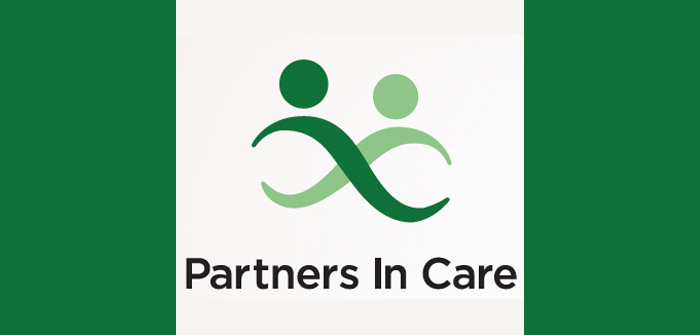Part I
Counseling can be a confusing profession to the consumer, especially when there are several other similar fields. I want to spend the next few articles focusing on what counseling is and what it is not to help you determine if and when seeking out a counselor (or a different helping professional) might be right for you or your family. In this first installment, I’ll focus on what counseling is and what qualifies a person to be a counselor.
What is Counseling?
According to the American Counseling Association, professional counseling is defined as a “professional relationship that empowers diverse individuals, families and groups to accomplish mental health, wellness, education and career goals.”
The field of counseling can be differentiated from some of the other helping professions (i.e., psychiatry) given its clear focus on client wellness. It is true that many counselors use mental health diagnoses, especially when insurance is involved, but the client’s diagnosis is viewed as just one factor in working with a client.
Rather than labeling a diagnosis as ‘good’ or ‘bad,’ a diagnosis is contextualized in a person’s life circumstances. Counseling is all about optimal mental health and development, NOT merely symptom reduction. Be sure to ask your counselor how he or she uses diagnosis in their practice. In my very biased opinion, effective counselors are experts on the process of helping clients grow and develop, and are open to providing services that honor a client’s unique values and worldview.
Who Can Be a Counselor?
Professional counselors earn at a minimum a masters degree in counseling. These programs are typically between two to three years in duration with an emphasis on viewing clients from a wellness perspective. Counseling students receive rigorous supervised experience prior to graduation and in the State of Oregon continue receiving supervision from a credentialed supervisor post-graduation until they reach a minimum of 2,400 supervised client contact hours.
Be sure to clarify whether your counselor does or does not have at a minimum a masters degree in counseling and are registered with the Oregon Board of Licensed Professional Counselors and Therapists to practice under the guise of a counselor (see www.Oregon.gov/oblpct). Actively ask your counselor about his or her training and how they approach counseling. Be sure to know what you are getting yourself in to!
Why Should I See a Counselor?
Counseling is for everyone and not limited to persons who may possess a diagnosable mental health disorder. It is intended for persons wanting to clarify their values, work through difficult life transitions (i.e., loss of a loved one, divorce, losing a job), discover who they are and/or want to be and a host of other individually defined reasons.
Good counselors help you come to your own answers and don’t give you advice. They can assist you in uncovering challenge areas or blind spots and work towards self-acceptance and genuine change. Above all, counseling can be a place where you experience both support and challenge in an environment lacking judgment. If you ever do feel judged by your counselor, attempt to talk or work through any possible miscommunications. If you continue to feel judged, find someone else. Remember, this is about your growth, not pleasing your counselor.
I hope this article has provided you with some knowledge about what counseling is and what it is not. Next month I’ll share my understanding of a few basic similarities and differences between counseling and a few other similar yet distinct fields (i.e., psychiatry and clinical psychology). Bear in mind that not one field is better than the other and each plays a unique role and purpose for your mental health and wellness.
Dr. Ryan Reese is a professional counselor and core faculty member in the Masters of Counseling program at OSU Cascades. To learn more about EcoWellness visit ecowellnessbend.com. Ryan can be reached at ryan.reese@osucascades.edu.





